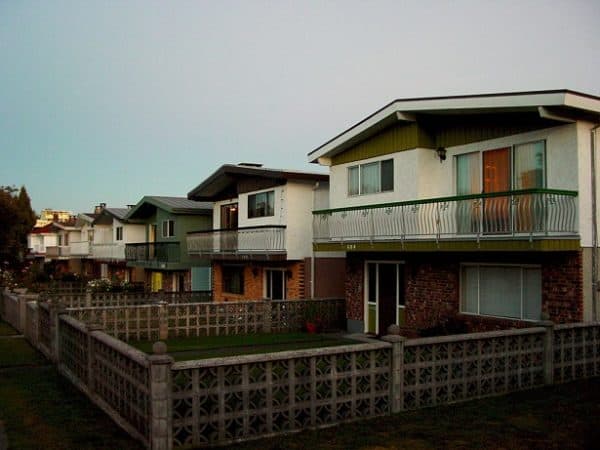

Should Vancouver should tax out-of-town home buyers?
Vancouver city hall is trying a new tactic to ease real estate concerns in the city and hopefully pave the way for more affordable housing.
Spearheaded by Mayor Gregor Robertson, the motion which passed city council this week would give local residents first privilege in buying new homes when they come on the market, ahead of foreign buyers and out-of-towners.
And while the controversial plan has its detractors who say it’s too restrictive, it’s perfectly in line with what academics at UBC’s Sauder School of Business concluded in a recent study: aside from the foreign buyers tax introduced last year which addressed non-Canadian ownership, out-of-town buyers in general need to be discouraged, since they don’t actually contribute to the local economy. In fact, the net effect of all forms of out-of-town ownership, say the UBC housing experts, is to make it harder on renters and younger families who are looking to upgrade.
Tuesday’s city council vote saw Robertson’s motion pass 7-2 on the support of Vision Vancouver councillors and Green councillor Adrienne Carr, with the “locals first” approach being paired with a restriction against the practice of bulk buying of units for investment purposes.
“This is about access, and making sure local residents and people who work here have access to buy in those new projects as they open,” Robertson said.
Non-partisan councillor Melissa De Genova was one of the dissenters who argued that the strategy would promote the impression of Vancouver as “an exclusive resort town” and may hurt newcomers to the city.
Yet the idea has merit says Sauder School professor Jack Favilukis who co-authored a recent study on the effect of out-of-town buyers on a city’s home prices. Favilukis and colleague Stijn Van Nieuwerburgh of New York University developed an equilibrium model using Statistics Canada data on average homeowners and households in order to observe the impact that out-of-town buyers have on a city such as Vancouver.
Starting with a metropolis filled with homeowners who either live in the city or commute from the suburbs, the researchers cranked up the absentee landlords and out-of-town purchasers to ten per cent of the housing market as a rough guideline. What they found was that while the outside input did drive up prices and thereby make local homeowners that much richer as a result, the overall impact was negative, since renters and those looking to upgrade were being hurt by the rise in prices.
“The home ownership rate is around 65 per cent [in Vancouver] so we expected the benefit to outweigh the cost,” says Favilukis, in a UBC press release. “We were wrong.”
“While indeed, older households who own their home do benefit handsomely after out-of-towners show up, this benefit is not enough to offset the cost to others,” he said. “Poorer households, younger households and renters, despite being a minority, are more negatively affected because it is much more expensive for them to pay for housing going forward.”
Thus, aside from giving locals first dibs on new home buys, à la Mayor Robertson’s initiative, Favilukis and Nieuwerburgh argue that taxing out-of-town buyers makes good sense. Not only would it add a disincentive to out-of-towners, the tax revenue could help pay for local goods, injecting more wealth into the local economy and, by their calculations, even reverse the negative impact from out-of-town purchases.
“Based on our model, anything that discourages out-of-town purchases will result in greater economic prosperity for locals,” says Favilukis.
Leave a Reply
You must be logged in to post a comment.



 Share
Share Tweet
Tweet Share
Share




Comment